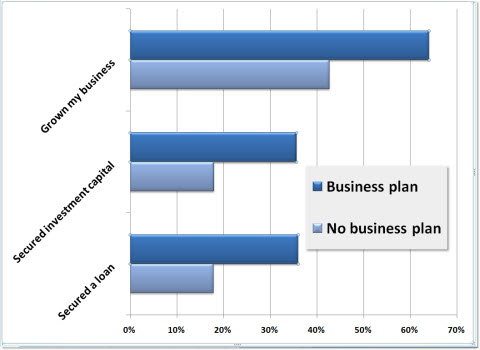Melissa Korn over at the WSJ writes that the IPad is struggling as it enters the modern campus. The story highlights some difficulties over at George Washington University and Princeton University related to the IPad and network stability. From the piece:
The tablet, lauded by many as the next wave in education technology, is having difficulty being accepted at George Washington University and Princeton University because of network stability issues. Cornell University also says it is seeing connectivity problems with the device and is concerned about bandwidth overload.
Such issues could be a blow to Apple, which has gone after the higher education market by highlighting the iPad’s portability and availability of electronic books. But students may not be willing to pay $499—or more, depending on the type of iPad—if they still need a desktop or laptop computer to check course assignments or email. Some higher education insiders also worry there isn’t enough educational content available via the iBookstore application to eliminate expensive physical textbooks.
George Washington said earlier this month its wireless network’s security features don’t support the iPad—or iPhone and iPod Touch, for that matter. Princeton on Wednesday said it has proactively blocked about 20% of the devices from its network after noticing malfunctions that can affect the entire school’s computer system. Princeton is working with Apple to resolve the issue, according to a statement on the school’s Web site.
I have already had one student toting an IPad in class in the past few weeks and have two immediate family members (father and wife) who have purchased the IPad and are already in love.
The network issue is a big one for campuses as students already love watching video and sharing large files across school networks. I have no doubt that Apple products with their expanding array of Apps will only further push networks. (Geek.com frames it: U.S. Universities Start Banning IPad Use)
BTW, I would love Apple to send me and my students some IPads to use in our New Venture Creation class. We could center our entire business planning segment around the concept of new ventures for the IPad. Anyone know who I should contact at Apple for this activity?
I look forward to learning more about how the IPad influences the campus and specifically entrepreneurs on campus.
<p><a href=’http://online.wsj.com/article/SB10001424052748703594404575192330930646778.html’>Apple’s iPad Struggles at Some Colleges – WSJ.com</a>.</p>
Apple’s iPad Struggles at Some Colleges – WSJ.com.

